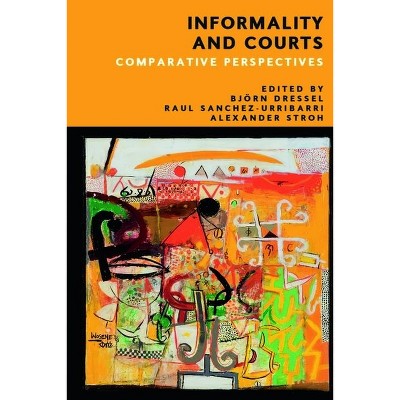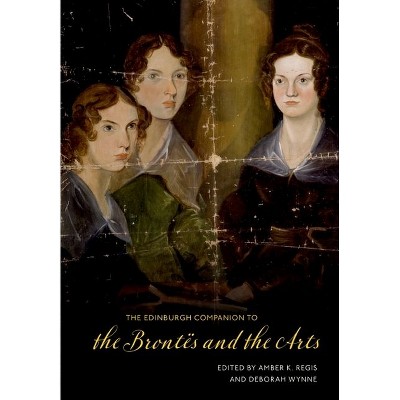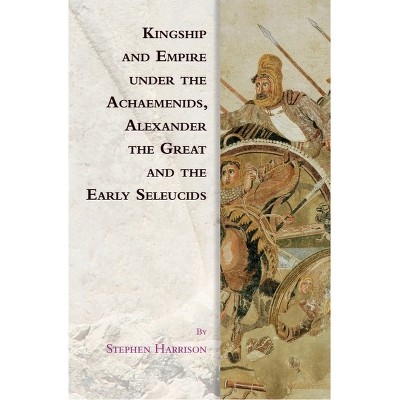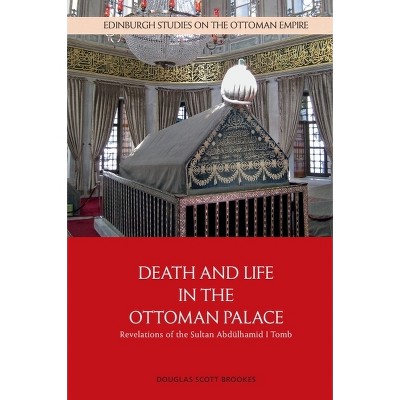The Islamic-Byzantine Border in History - by Deborah Tor & Alexander Beihammer (Paperback)

About this item
Highlights
- This cross-disciplinary book offers a broad spectrum of essays on important aspects of the political, social, religious and historical importance of the Islamic-Byzantine border between 630-c.1300CE, and in particular on the manifold ways in which the Islamic-Byzantine border affected the internal development and culture of each of the two civilisations.
- Author(s): Deborah Tor & Alexander Beihammer
- 336 Pages
- History, Middle East
Description
About the Book
"Explores the significance of the Islamic-Byzantine border from the rise of Islam to the end of the Crusades..."--Book Synopsis
This cross-disciplinary book offers a broad spectrum of essays on important aspects of the political, social, religious and historical importance of the Islamic-Byzantine border between 630-c.1300CE, and in particular on the manifold ways in which the Islamic-Byzantine border affected the internal development and culture of each of the two civilisations. The chapters are written by twelve of the leading scholars in the field, including experts on both the Byzantine Empire and the Islamic world, and explore developments ranging from anti-government riots and dynastic revolutions to the border's influence on religious law, apocalyptic literature, population policy and heroic culture.
Review Quotes
This important volume challenges us to rethink how we understand the frontier, both culturally and geographically, between the Byzantine and Islamic worlds from the 7th century CE onwards. Its eleven chapters present cutting-edge research and establish a new baseline from which this key region must now be studied.
--John F. Haldon, Princeton UniversityThis series of informative essays embodies new methodologies and details many aspects of Christian-Muslim tensions and conflicts over eight centuries, emphasizing the Syrian and Anatolian borders and excluding the other major areas of conflict between these two missionary empires. [...] Recommended.--S. Bowman, emeritus, University of Cincinnati "CHOICE, January 2024"





